Actions: Xi's vision 'points the way forward for the world'
To address global challenges, the world's major countries should serve as role models, efficiently manage differences, seek win-win cooperation, play an exemplary role and "put their commitment to multilateralism into practice", said Zhang Jun, China's permanent representative to the United Nations.
Zhang, who is also a member of the 14th National Committee of the Chinese People's Political Consultative Conference, made the comments in an exclusive interview with China Daily.
He was explaining how countries should and could deliver actions to ensure the success of the Summit of the Future, a major UN event that is scheduled for September.
The summit will be "a high-level event, bringing world leaders together to forge a new international consensus on how we deliver a better present and safeguard the future", the UN said in a statement on its website.
"China has been actively participating in the preparations for the summit in a constructive and responsible manner," Zhang said.
Currently, China sends the highest number of peacekeepers among all the permanent members of the UN Security Council, and is the second-largest contributor to the UN regular budget and peacekeeping assessment.
Beijing "has always been a staunch supporter and contributor to the cause of the UN, and is a partner that the UN can always rely on", Zhang said.
The key to the summit's success lies in getting things right in four aspects — adhering to the right direction, upholding unity and cooperation, sticking to an action-oriented approach and keeping abreast of the trend of the times, he said.
The summit is "an important opportunity for the UN to better address current challenges, and the international community has high expectations from the summit and its outcome", he added.
Zhang noted that when it comes to coping with global challenges, there is not a shortage of flashy slogans and promises, but of concrete actions and initiatives.
The envoy underlined the "special responsibility" of the major countries in taking actions.
"All member states should fulfill their responsibilities through actions and work together to create outcomes for the summit," he added.
Regarding unity, he emphasized that "it is imperative to unequivocally oppose unilateralism and protectionism, hegemonic practices and bloc confrontation, as well as all acts that undermine unity and damage trust".
"The UN does not exist in a vacuum, but consists of 193 member states", and "the strength of the UN comes from the unity of member states", he said.
Zhang defined the unity that the summit should pursue as "seeking common ground while putting aside differences, strengthening unity, enhancing mutual trust and resolving differences among countries under the banner of the UN".
Analysts said the summit will take place at a time when the world is facing multiple challenges and mounting deficits in four areas — peace, development, security and governance.
"The development of the UN is at a historical crossroads, and calls have been increasing for accelerating reforms in the UN and the global governance system," Zhang said.
The summit should "put development at the center of the international agenda, step up action on reforms of international financial institutions and accelerate the implementation of the UN 2030 Sustainable Development Goals", he added.
Addressing the trend of the times, Zhang stressed that "the reforms of the global governance system and the UN must represent realities of current international politics".
Zhang also underscored the role of developing countries in such reforms.
Such reforms should "follow the trend of the rise of the Global South and listen carefully to the voices and demands of developing countries".
The reforms should also "effectively enhance the say and decision-making power of developing countries in international affairs and make the international order fairer, more just and more reasonable".
When talking about how the summit could stick to the right direction, Zhang referred to the vision of building a community with a shared future for mankind, which was first put forward by President Xi Jinping more than a decade ago.
Zhang said that the vision "points the way forward for the world" and "the countries of the world are interdependent and the future of mankind is inextricably linked".
"When the UN needs to be reformed and improved, it should boost the awareness of a community with a shared future for mankind, uphold and practice genuine multilateralism, and commit itself to maintaining common security, promoting common development and building a shared future," Zhang said.
"Only by working in the direction of realizing this vision can the summit truly play its due role in addressing current challenges and revitalizing the confidence of the international community," he added.








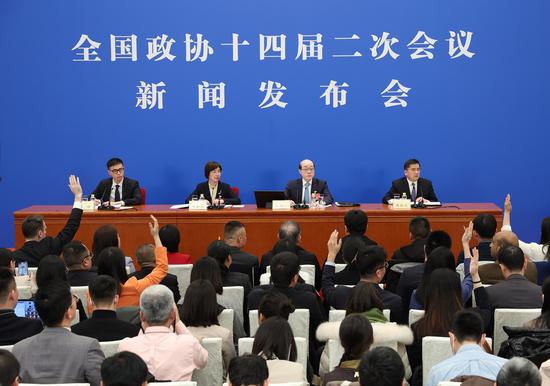

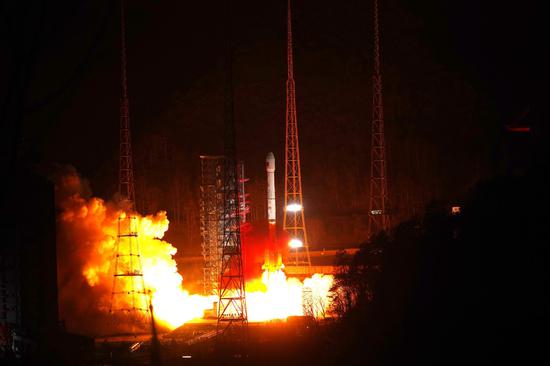
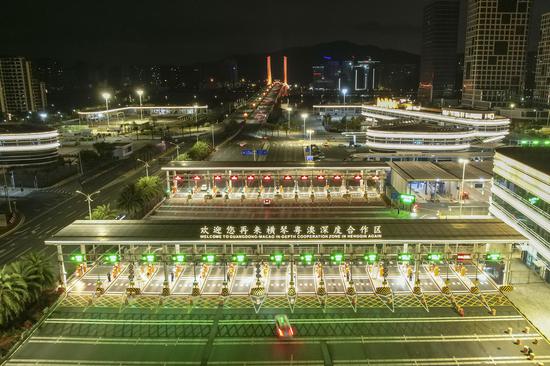




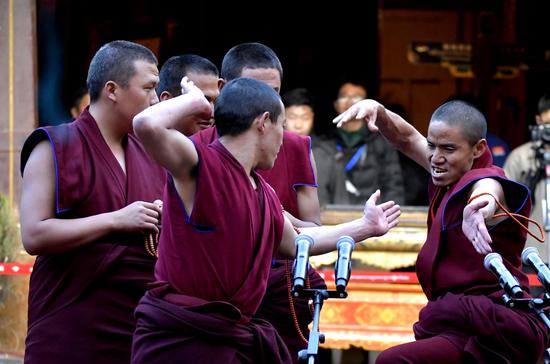


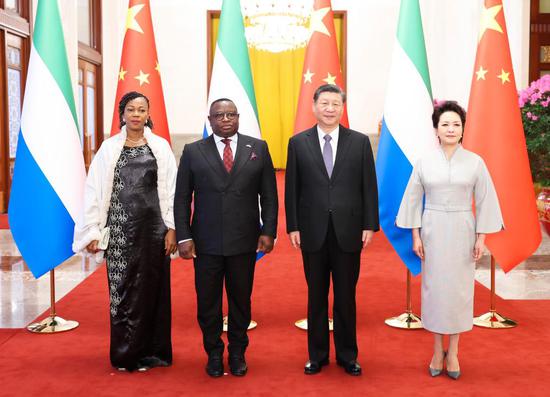


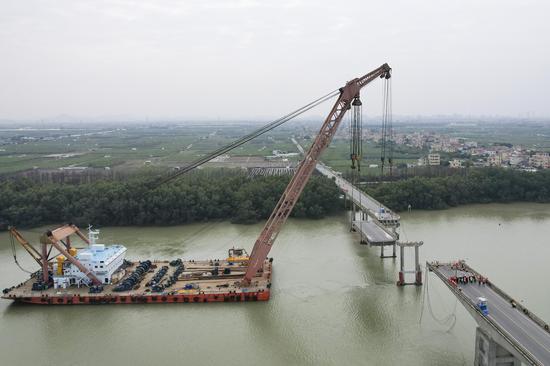
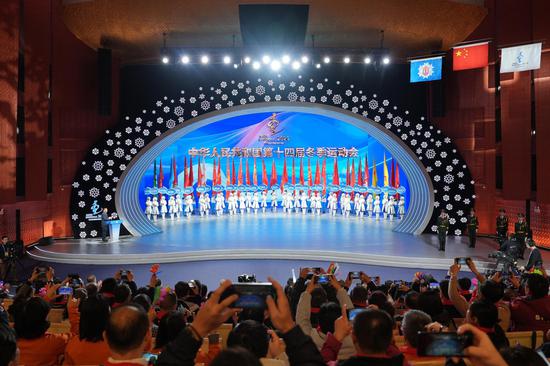


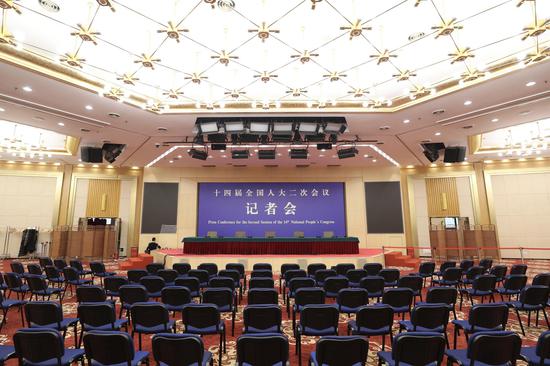
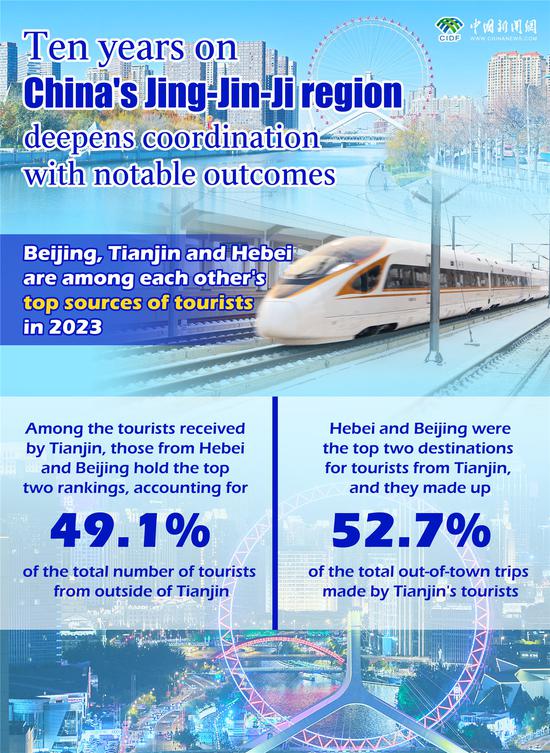
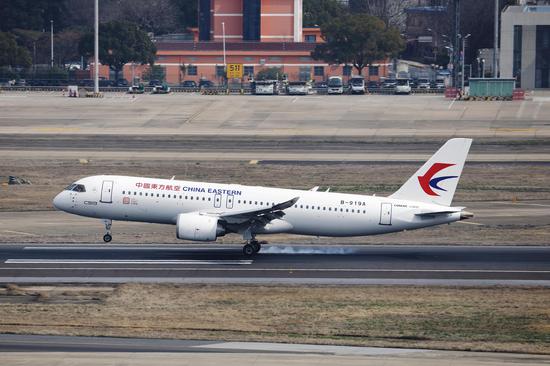
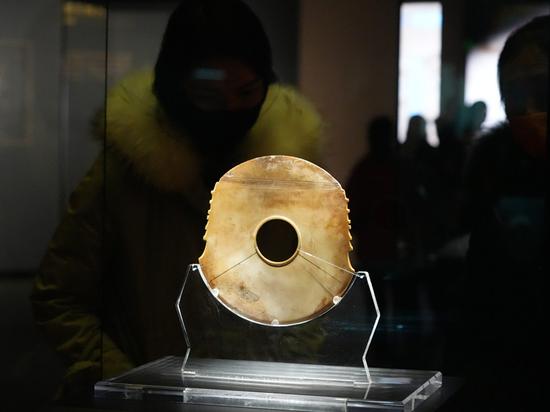


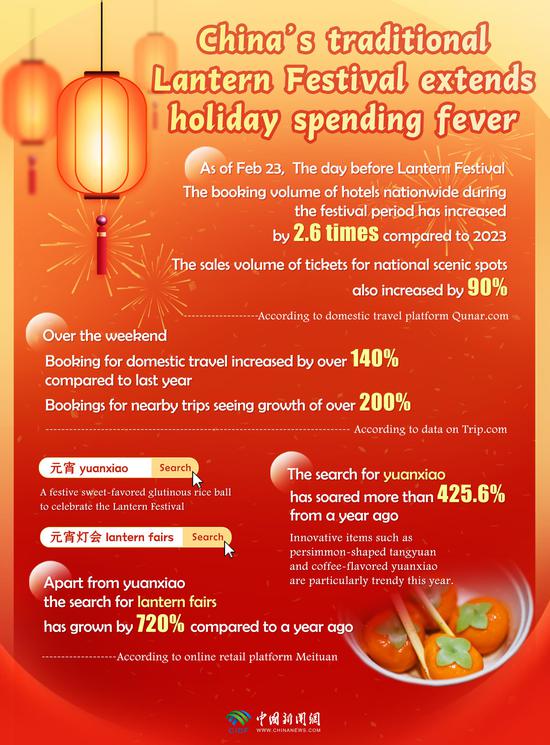
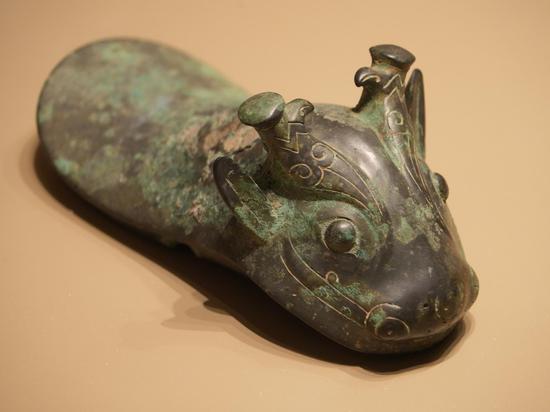
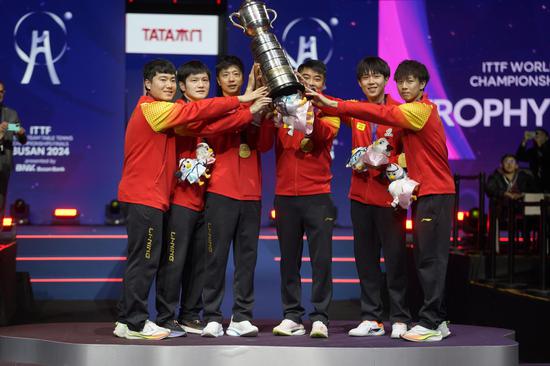




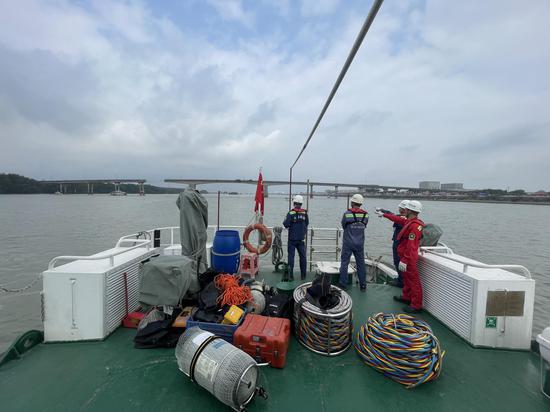

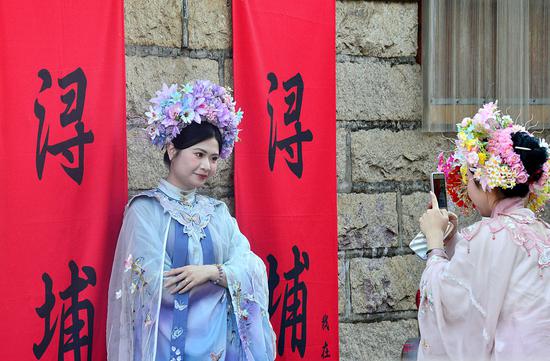
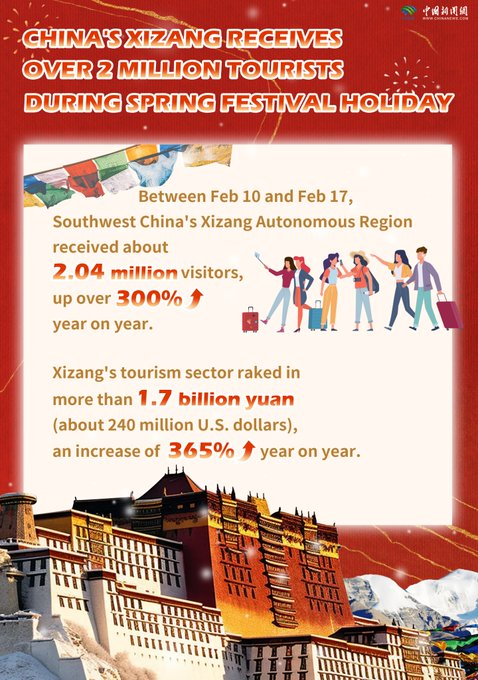
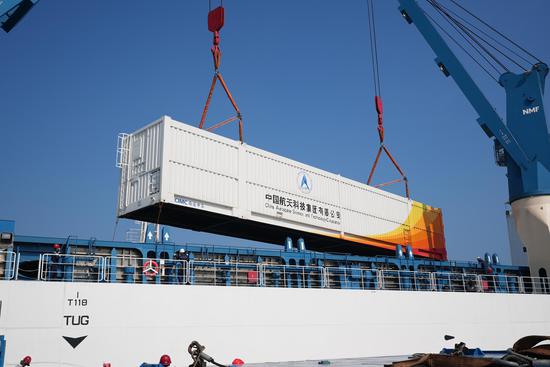






 京公网安备 11010202009201号
京公网安备 11010202009201号